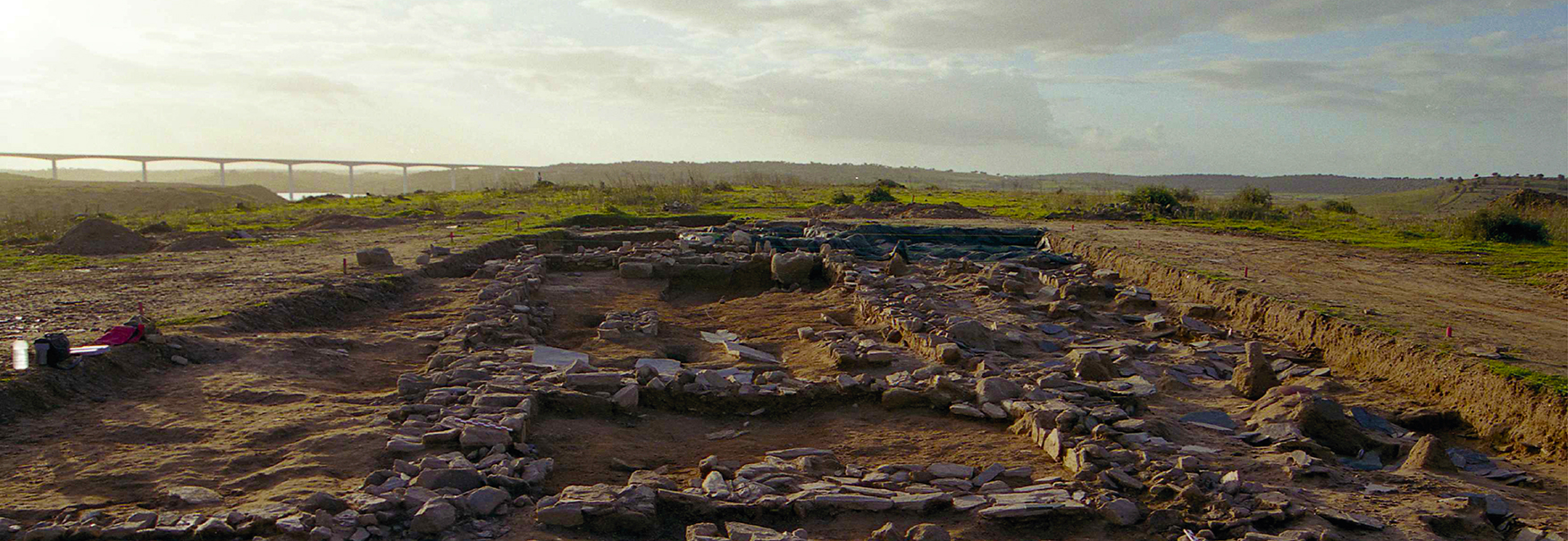Heritage Policy
- Home
- Social Responsability
- Heritage Policy

Since the project began, EDIA has devoted particular attention to cultural heritage. It has laid down guidelines and methods of action to safeguard traces of the past.
In this and other aspects, EDIA has endeavoured to ensure the sustainability of its projects in strict compliance with legal requirements and any environmental, heritage-based or other limitations.
Although cultural heritage issues focus mainly on minimising impacts, especially for archaeological digs, improvements have also been introduced, an example being the research into the Castro dos Ratinhos settlement near the Alqueva Dam.
A vast amount of information has also been inventoried in EDIA studies, which are unparalleled in Portugal. Thanks to its scientific and historical importance, this knowledge has shed new light on the past and helped revise the state of the art.
EDIA has made sure that this information is disseminated in the context of its relationship with the region, thereby helping to improve knowledge of its history. Different media have been used to distribute information (publications, seminars, exhibitions, educational activities for schools, etc) to different audiences from primary schools to university and other contexts.
EDIA’s choice of a heritage policy based on the dissemination of information gathered in its studies and, in this case, taking the form of countless traces of human occupation over time, may contribute to the development of centres of attraction with obvious tourist potential, to bring economic assets to the region.
This approach is designed to ensure that local inhabitants have a better awareness of their history and will enhance their heritage as part of an integrated regional development strategy.
Thanks to its knowledge of the region and traces of its past, EDIA is also a preferred partner in projects.
